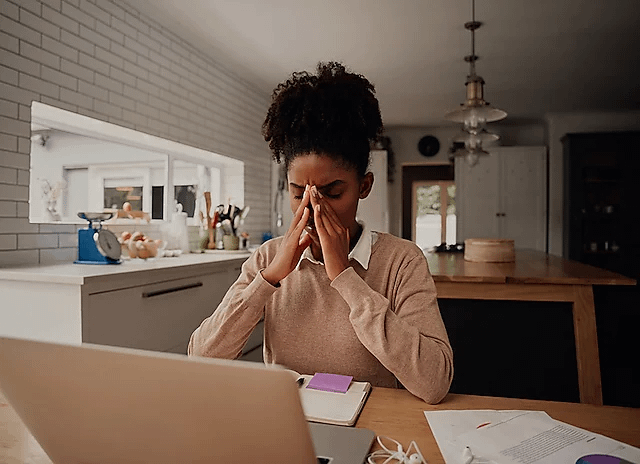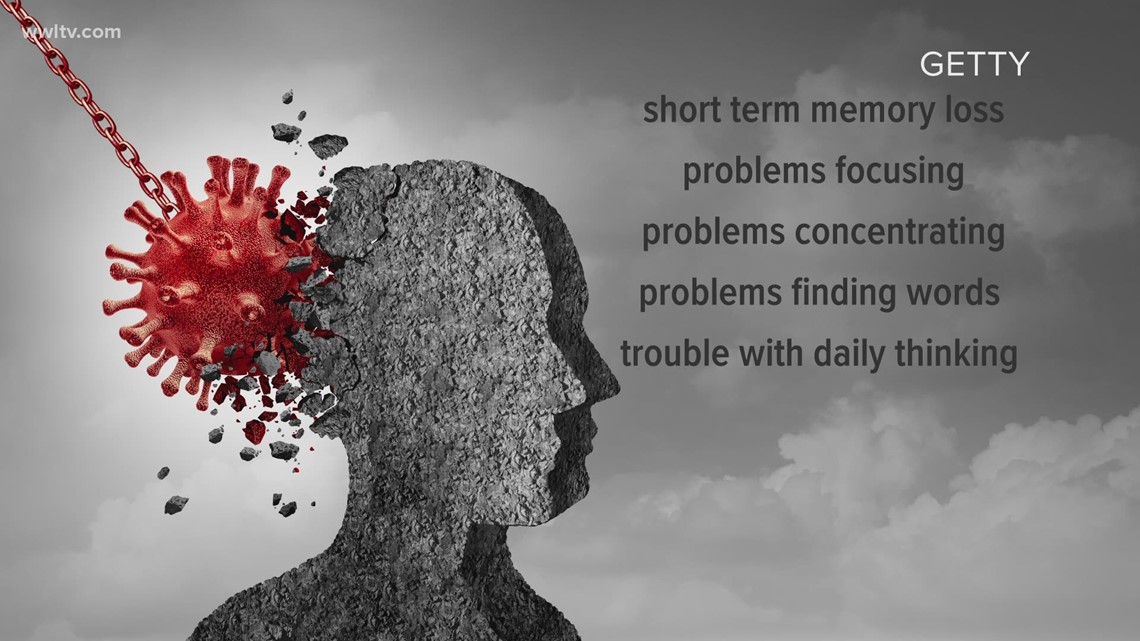

Less obvious lapses in memory and attention may occur even with mild COVIDĪ recent study published by a group of German researchers suggests that even people who don't notice signs of cognitive impairment can have problems with memory and attention after recovering from a mild case of COVID-19. These findings raise some important questions about how COVID-19 infection affects cognition. Studies report these issues both in people who were not hospitalized with COVID and in those who were, as well as in people who had severe cases. People struggling with the effects of long COVID may have noticeable problems with attention, memory, and executive function. executive function, which includes more complex skills such as planning, focusing attention, remembering instructions, and juggling multiple tasks.memory, the ability to learn, store, retain, and later retrieve information.Attention is like a spotlight on a stage during a show that allows performers to stand out from the background. attention, which allows our brains to actively process information that is happening around us while simultaneously ignoring other details.Cognitive impairment is a reduction in your ability to perform one or more thinking skills.Īmong people who were hospitalized for COVID, a wide range of problems with cognition have been reported. What is cognition?Ĭognition refers to processes in the brain that we use to think, read, learn, remember, reason, and pay attention. But we do know that this form of brain fog can affect different aspects of cognition. However, we don't really understand why brain fog happens after COVID-19, or how long these symptoms are likely to last. In many cases, brain fog is temporary and gets better on its own. Brain fog can also occur following chemotherapy or a concussion. What is brain fog?īrain fog, a term used to describe slow or sluggish thinking, can occur under many different circumstances - for example, when someone is sleep-deprived or feeling unwell, or due to side effects from medicines that cause drowsiness. Those who come to our cognitive clinic are among the estimated 22% to 32% of patients who recovered from COVID-19, yet find they still have brain fog as part of their experience of long COVID, or post-acute sequelae of SARS CoV-2 infection (PASC), as experts call it.

They can't think of a specific word they want to use, and they are uncharacteristically forgetful. As a neurologist working in the COVID Survivorship Program at Beth Israel Deaconess Medical Center, I find that my patients all have similar issues.


 0 kommentar(er)
0 kommentar(er)
